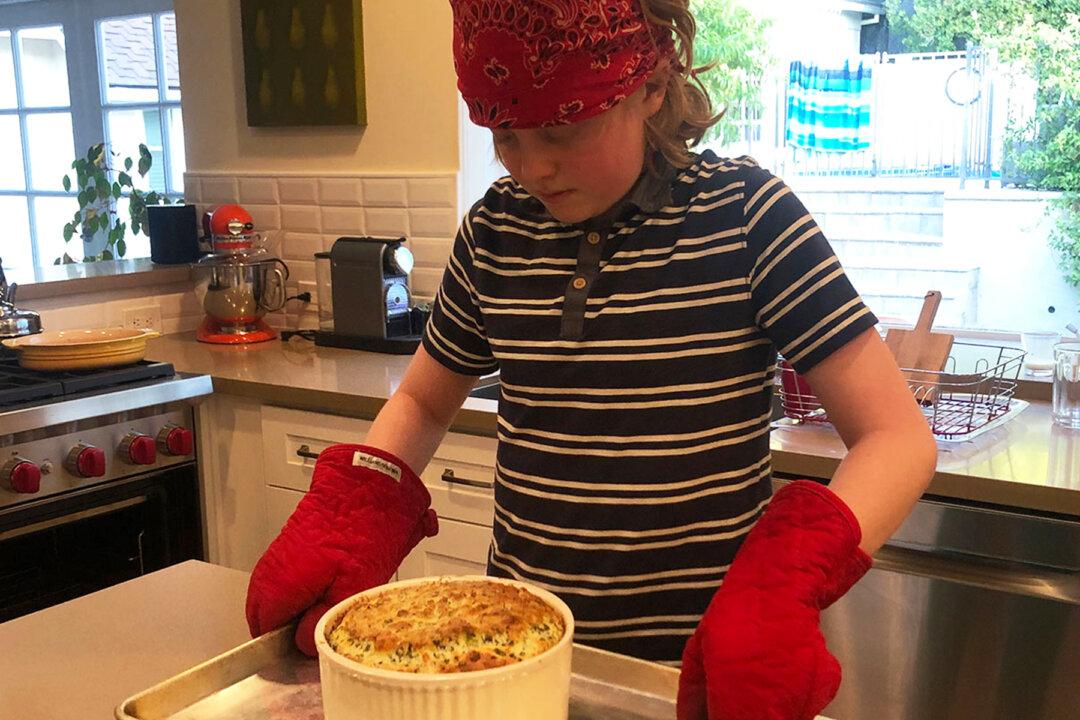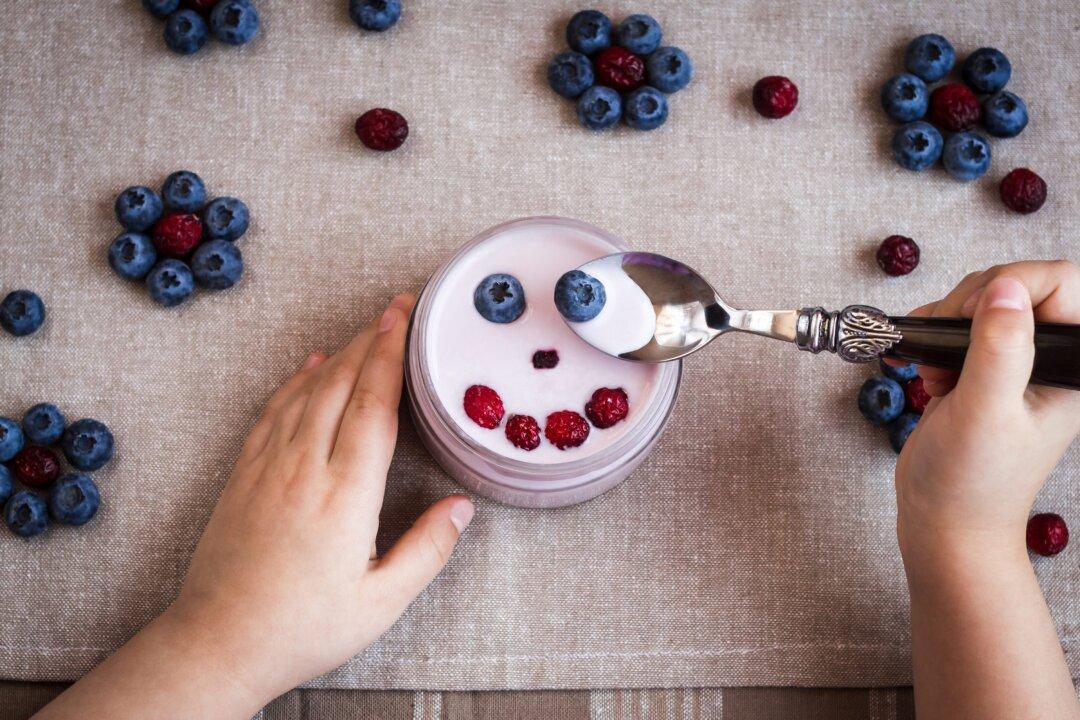When Oona Hanson and her husband started running out of ideas on how to keep their two children focused—and entertained—during the pandemic-induced shutdown, they remembered one of their longtime jokes.
“For 10 years we’ve joked that our kids need a common sense camp,” Hanson told CNN. “When they weren’t able to do things that seemed like just practical life skills they should have picked up already, we'd kind of say, ‘Oh, common sense camp!’ It was just a joke.”





